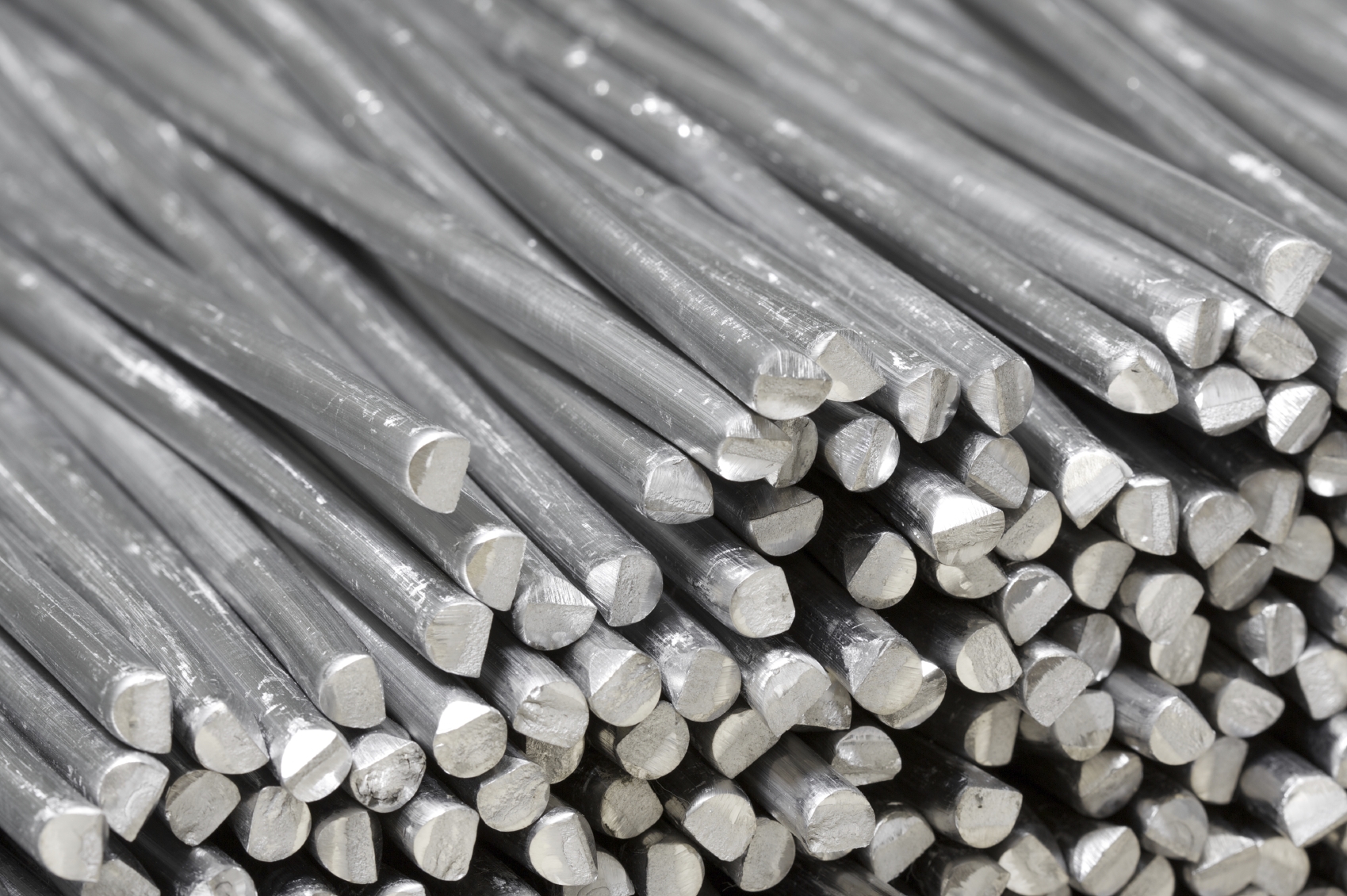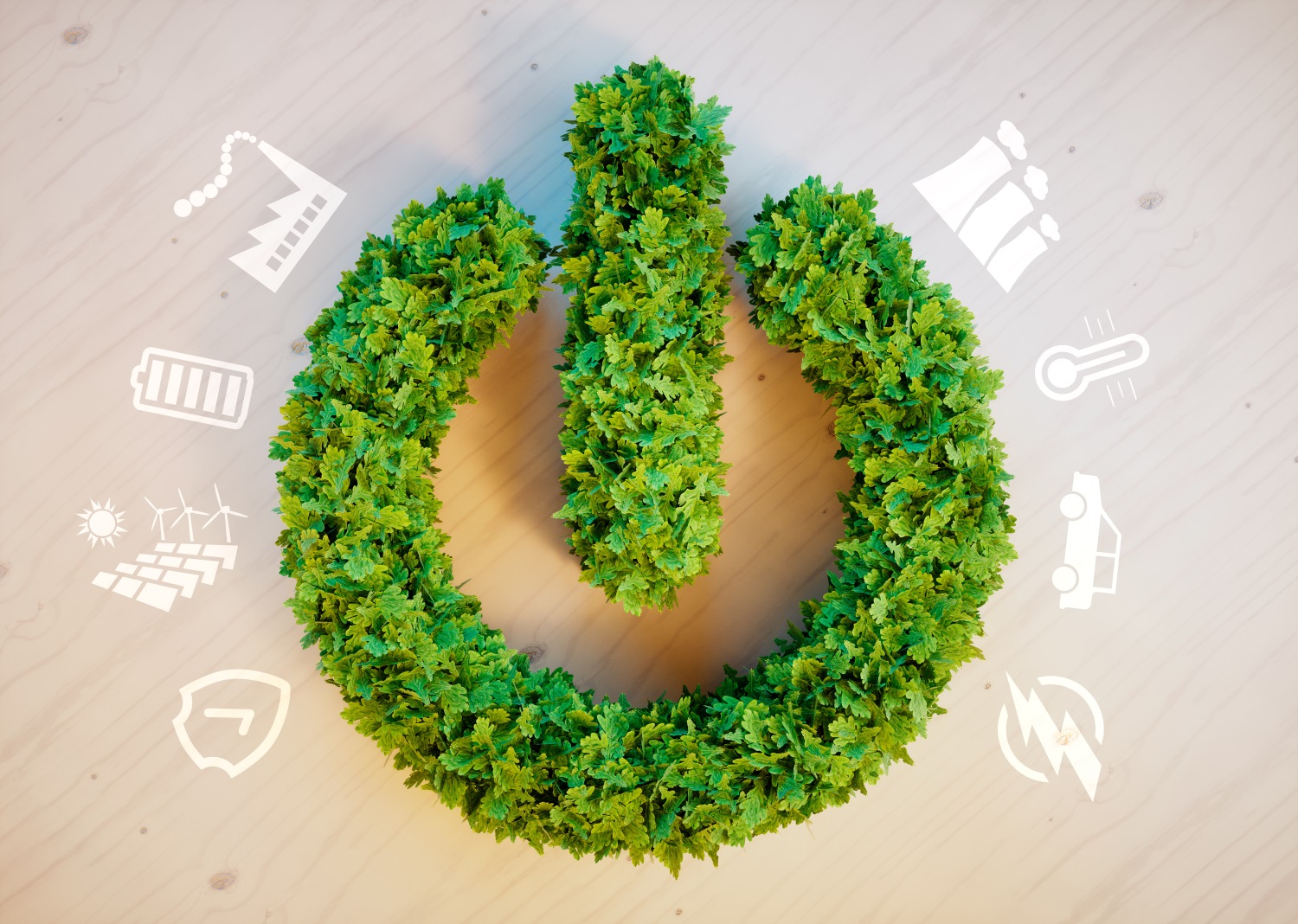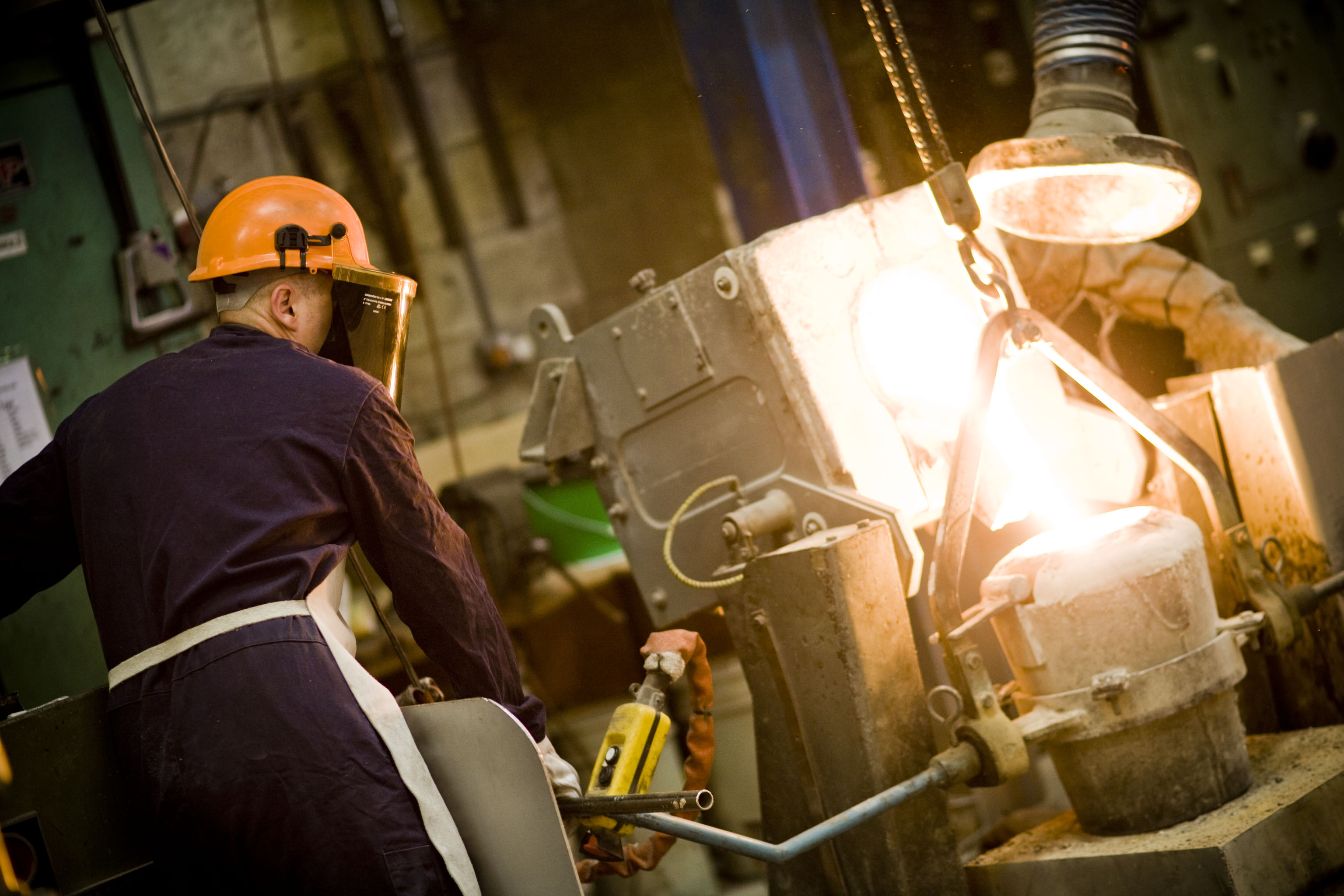Aluminium: A Sustainable and Efficient Metal
Aluminium makes up 8% of the planet’s crust and is the third most abundant element in nature; it’s also one of the most commonly used materials in manufacturing. There are good reasons for this. The metal is soft, non-magnetic, ductile, corrosion-resistant and lightweight, yet still incredibly durable, making it perfect for industries with challenging environments. For example, oil and gas, aerospace, and military and defence all rely on aluminium.
Aluminium also plays a very important role here at Dean Group. With our aluminium investment casting process, we use this material to offer precise, high-strength parts for your projects, no matter how demanding the requirements are.
What Makes Aluminium so Efficient for Manufacturers?
Aluminium offers a wide array of advantages that make it suitable for applications in a variety of industries. The properties of this metal are many, including:
Weight – Aluminium is a very light material. Its density is, approximately, a third that of steel at 2.7 g/cm3. For this reason, this is the metal of choice when manufacturing aircraft and vehicles, where weight is a requirement.
Resistance to Corrosion – The metal is also highly resistant to corrosion due to the thin layer of oxide coating its surface. This substance protects aluminium by keeping air and water from entering it. This property can be improved by giving the metal a surface treatment, such as anodising.
Recyclability – Another important property that makes aluminium so useful in manufacturing is its ability to be 100% recyclable without losing its qualities. This means you can use and re-use this metal without worrying about whether it can perform or not.
Conductivity – In many industries and sectors, the ability to conduct heat and electricity is of the utmost importance. Aluminium is commonly used in power transmission lines because of this property.
Ability to Alloy – Aluminium can be combined with other metals to improve its properties. For example, by alloying it with copper, you get a material that is both hard-wearing and able to endure high temperatures, perfect for vehicle engines.
Ductility – Aluminium is the sixth most ductile metal, a property which allows it to be easily cast during the manufacturing process.
Applications for Aluminium
Due to these and other properties, aluminium can be used in a large range of industries and environments. For instance, this metal is key in the aerospace and defence market and has specific use in the oil and gas sector too. The harsh environments found in this industry means that parts, equipment and machinery need to be able to withstand anything, from severe weather to repeated use (you can read more about this subject in our article “Castings in the Oil and Gas Industry”).
In the aerospace industry, the reduced weight of aluminium allows aircraft to decrease their energy consumption and carry heavier loads. This improves their overall efficiency. Furthermore, this metal can also be found in space shuttles and satellites, both in its pure form or as an alloy. Aluminium has also become increasingly important in the military and defence sector; when mixed with other components, such as high melting-point metal oxides, it’s possible to produce a metal ceramic resistance to high temperatures which can be used in rocket and missile technologies.
Because aluminium is not a toxic material, it’s often used in everyday objects as well, from beer kegs and kitchen utensils to window frames and cans.
The Sustainability of Aluminium
The production of aluminium consumes high levels of energy (3.5% of the world’s electricity), so smelters tend to be installed in locations with an abundance electric power at affordable prices, such as Russia and China. However, only around 5% of energy is needed to recycle aluminium when compared to the energy spent during the manufacturing process of the primary metal.
This recyclability makes aluminium an eco-friendly material that can help many industries and sectors to reduce their carbon footprint. In addition, over 75% of the aluminium ever produced to this date – which is estimated at over one billion tonnes – is still being used today, further proof that the metal can be recycled many times without losing its properties.
With industry processes becoming greener, the use of recycled aluminium will be even more crucial, especially with manufacturers looking for ways to improve efficiency and decrease their environmental impact. A UK-led research partnership between the Brunel Centre for Advanced Solidification Technology and Netherlands-based aluminium products manufacturer Constellium aim to develop high-strength aluminium alloys produced from only recycled metals.
Their goal is to reach a full circle when it comes to aluminium use and recycling, especially considering that the manufacturing of aluminium produces 1% of global carbon dioxide emissions. The partnership will develop high-performance aluminium alloys and research their applications in lightweight vehicle construction.
Dean Group and Aluminium
We have been offering a specialised investment casting service for over four decades at our casting foundry. We’ve also developed a new high-integrity aluminium investment casting process that offers precise, complex shapes, as well as parts with enhanced Miro structures – all at competitive prices. Our ELITE casting process is similar to the well-known SOPHIA® process and achieves good mechanical properties and a micro-structure that is tight and free from porosity. These castings are suited for industries where strength, weight and casting soundness are a concern, such as aerospace, oil and gas, and military and defence.
We also believe that manufacturers, including Dean Group, have the responsibility to make the industry greener and the planet a better place. For that reason, we recycle our metals and waxes during our investment casting processes, including our aluminium. This way, we’re helping to reduce waste and the demand for raw materials.
Aluminium is a key metal in the manufacturing industry as a whole, as well as in many different sectors. Due to its vast properties, this sustainable material allows you to achieve the performance you seek in your projects without compromising on quality. By choosing Dean Group, you’ll also be confident you’re getting high-quality casts produced through eco-friendly processes that are compliant with the latest accreditations.
Registered in England VAT No: 146307478 Company Registration No: 1062820








